Planting solution refers to various materials and techniques to improve soil quality and promote healthy plant growth. This includes using fertilizers, compost, mulch, and alternative growing media such as coconut husk bricks. Planting solutions are essential for successful gardening and sustainable agriculture.
Contents
1. What Are Coconut Husk Bricks?
A coconut husk brick, also known as a coconut coir brick, coconut husk blocks, is a compressed block made from the fibrous outer layer of coconut. The coir is extracted from the coconut husk, cleaned, and processed into compact blocks that are easy to transport and store.
Coconut husk bricks are a sustainable and eco-friendly alternative to traditional peat-based growing media. They can be used as a growing medium for various plants, including vegetables, fruits, flowers, and herbs. They provide good water retention and drainage properties and aeration, which can help promote healthy root growth.
Firstly, you have to soak them with water. The brick will expand and break apart into a fluffy and fibrous growing medium. Coconut husk bricks can be used as a stand-alone growing medium or mixed with other materials, such as soil or perlite, to improve their properties.
Overall, coconut husk bricks are a versatile and sustainable growing medium that can be used for various plants. They provide excellent drainage, water retention, and aeration, making them popular among gardeners and farmers.
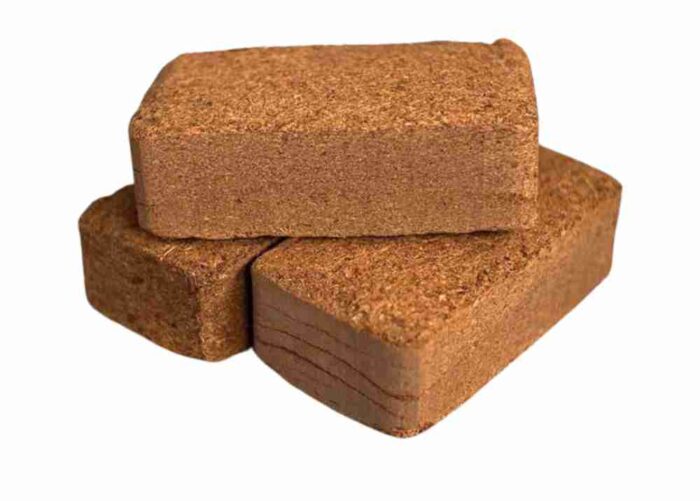
2. Uses of Coconut Husk Bricks
Coconut husk bricks have a wide range of uses, including:
2.1 Growing medium for plants
Coconut husk bricks can be used as a stand-alone growing medium or mixed with other materials to create a nutrient-rich, well-draining substrate for plants. They are particularly useful for plants that require good drainage and aeration, such as orchids, succulents, and cacti.
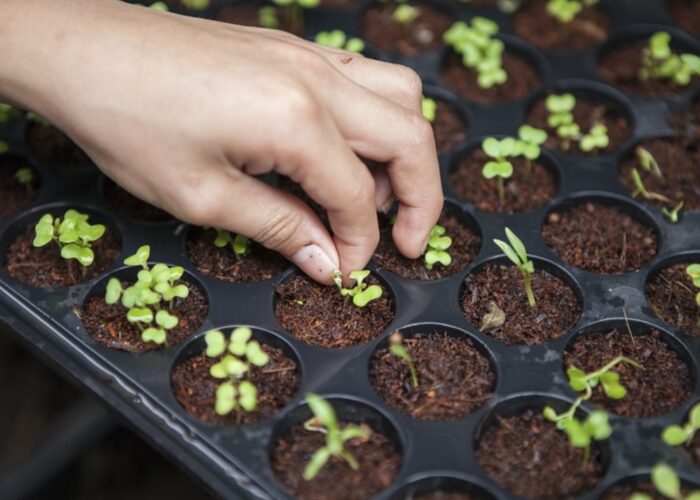
2.2 Hydroponic Growing
Coir provides an excellent growing medium for beginners who want to explore hydroponic gardening without investing in a full system. Instead of relying on traditional soil, growers use coir to apply the core principles of hydroponics in a more familiar way. Moreover, this material retains water extremely well and can absorb up to ten times its own weight. As a result, coir bricks support consistent moisture levels and perform especially well in hydroponic growing environments.
2.3 Composting
Once rehydrated, coir becomes a perfect medium for worm composting or worm farming. Its natural ability to retain moisture and nutrients while providing air sacs creates an ideal environment for the worms. Once the coir liner is in place, add the worms, allowing them to get into it. Organic food waste, such as coffee grounds, eggshells, vegetables, and fruits, can be added and lightly coated with additional coir.
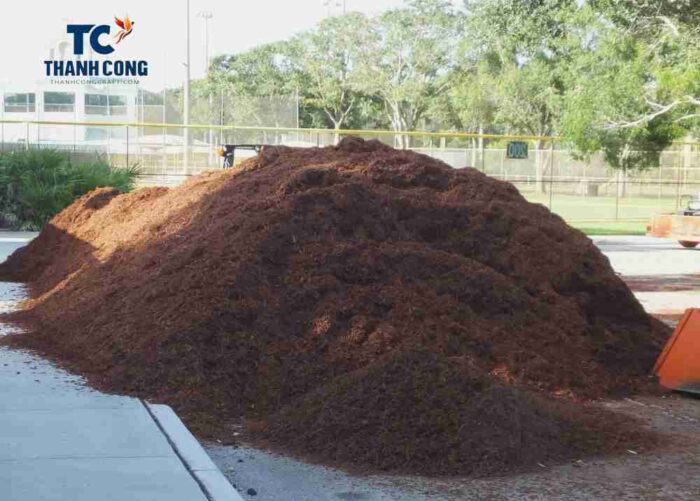
2.4 Seed starting
Planters can use coconut husk mulch as a starting medium for seeds. They provide a sterile and moisture-retentive environment for seeds to germinate, which can help to promote healthy seedlings.
2.5 Soil amendment
You can also use them as a soil amendment to improve soil structure and fertility. They are rich in nutrients and can help retain soil moisture.
2.6 Mulch
You can spread the coconut mulch around the plants. They help retain moisture and suppress weed growth while providing a sustainable and eco-friendly alternative to traditional mulches.
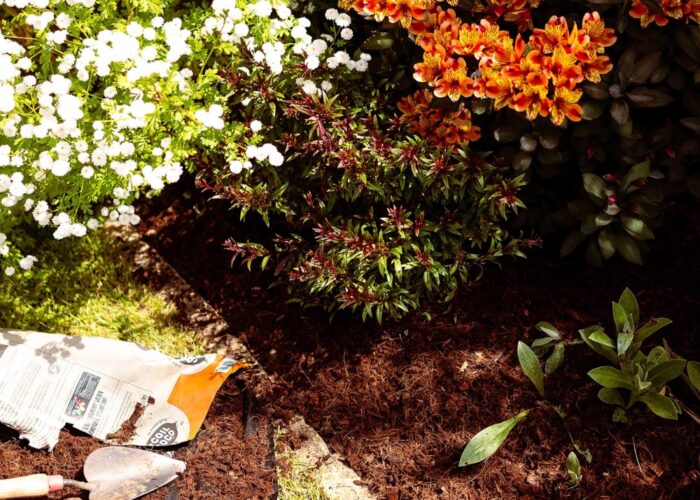
2.7 Animal bedding
Dried coconut husk humus can be used for animals, particularly reptiles and birds. They provide a comfortable, absorbent, sustainable, eco-friendly bedding material.
2.8 Erosion control
There are many landscaping projects using coconut mulch to prevent erosion. They help to stabilize soil and prevent erosion in areas prone to soil movement.
Coconut husk bricks are a versatile and sustainable material that can be used in various ways. They provide excellent drainage, water retention, and aeration, making them popular among gardeners and farmers.
2. How to Use Coconut Husk Bricks?
Coconut husk bricks are easy to use and can be used as a growing medium, soil amendment, or mulch. They provide excellent drainage, water retention, and aeration, making them popular among gardeners and farmers. Follow these steps:
Step 1: Rehydrate the brick
Place the coconut husk brick in a container and add water. The brick will absorb the water and expand into a fibrous growing medium. Allow the brick to soak for at least 30 minutes or until it fully develops.
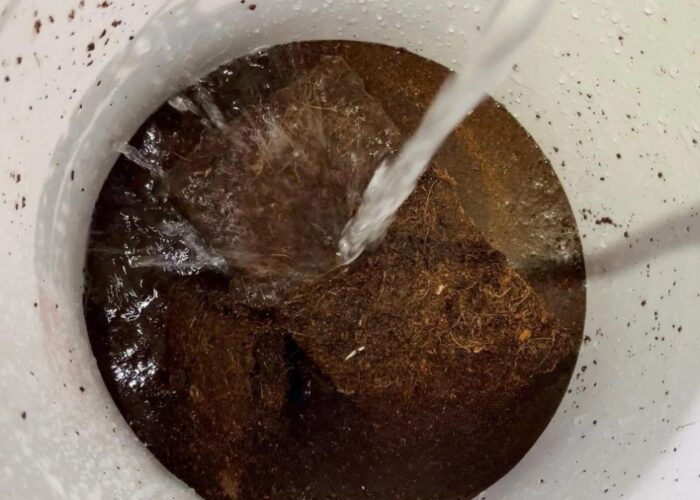
Step 2: Prepare the growing container
Choose a container with drainage holes and fill it with the rehydrated coconut husk. If using the coconut husk as a soil amendment, mix it thoroughly into the soil.
Step 3: Plant the seeds or plants
Make a hole in the coconut husk and place the seed or plant into the growing medium. Cover the source or roots with coconut husk and press gently to secure the plant in place.
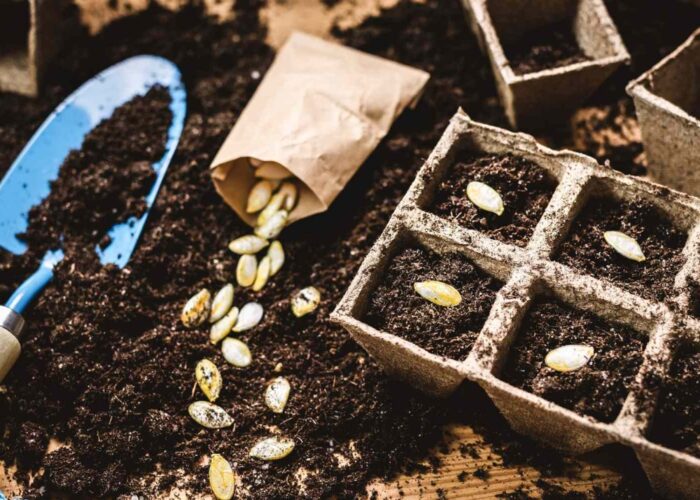
Step 4: Water the plants
Water the plants thoroughly after planting to ensure the coconut husk is moist. Water regularly, but avoid overwatering, as coconut husk can retain moisture for longer.
Step 5: Fertilize
Coconut husk contains few nutrients, so it is important to fertilize regularly with a balanced fertilizer.
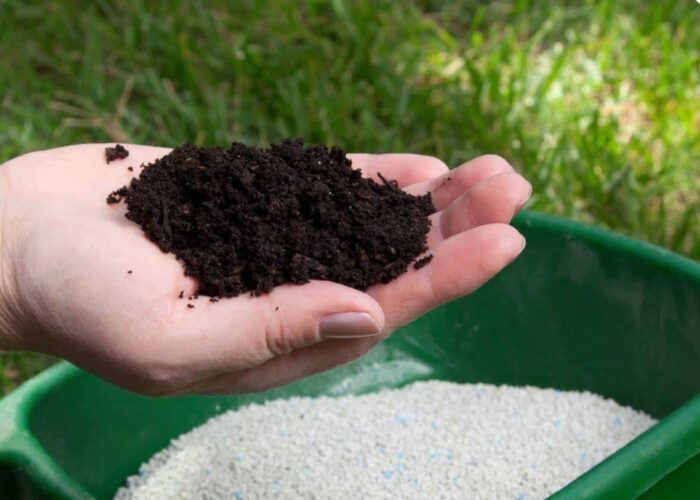
Step 6: Maintain the plants
Monitor the plants regularly and adjust watering and fertilization as needed. Trim and prune the plants as necessary to promote healthy growth.
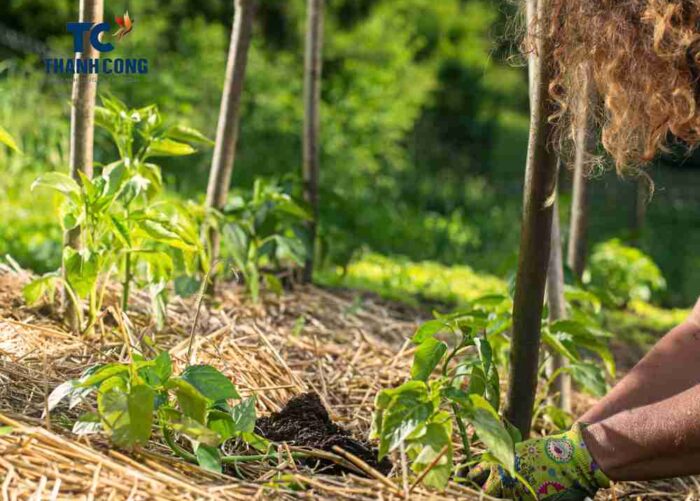
In conclusion, coconut husk bricks offer an eco-friendly and sustainable solution for various planting needs. They can be used as a stand-alone growing medium or mixed with other materials, providing excellent drainage, water retention, and aeration. Coconut husk bricks are versatile and can be used for various applications, including seed starting, soil amendment, mulch, animal bedding, and erosion control.
Using coconut husk bricks, gardeners and farmers can support healthy plant growth while minimizing environmental impact.
Check out for more
The Benefits and Uses of Coconut Coir Mulch
Uses of Coconut Fibre: From Agriculture to Household and Industry


